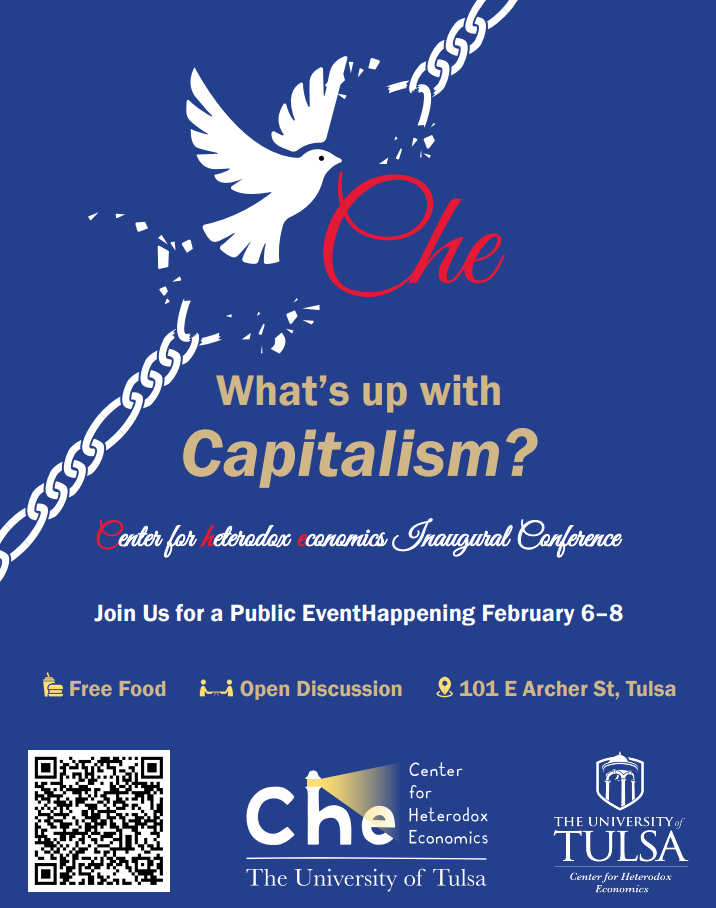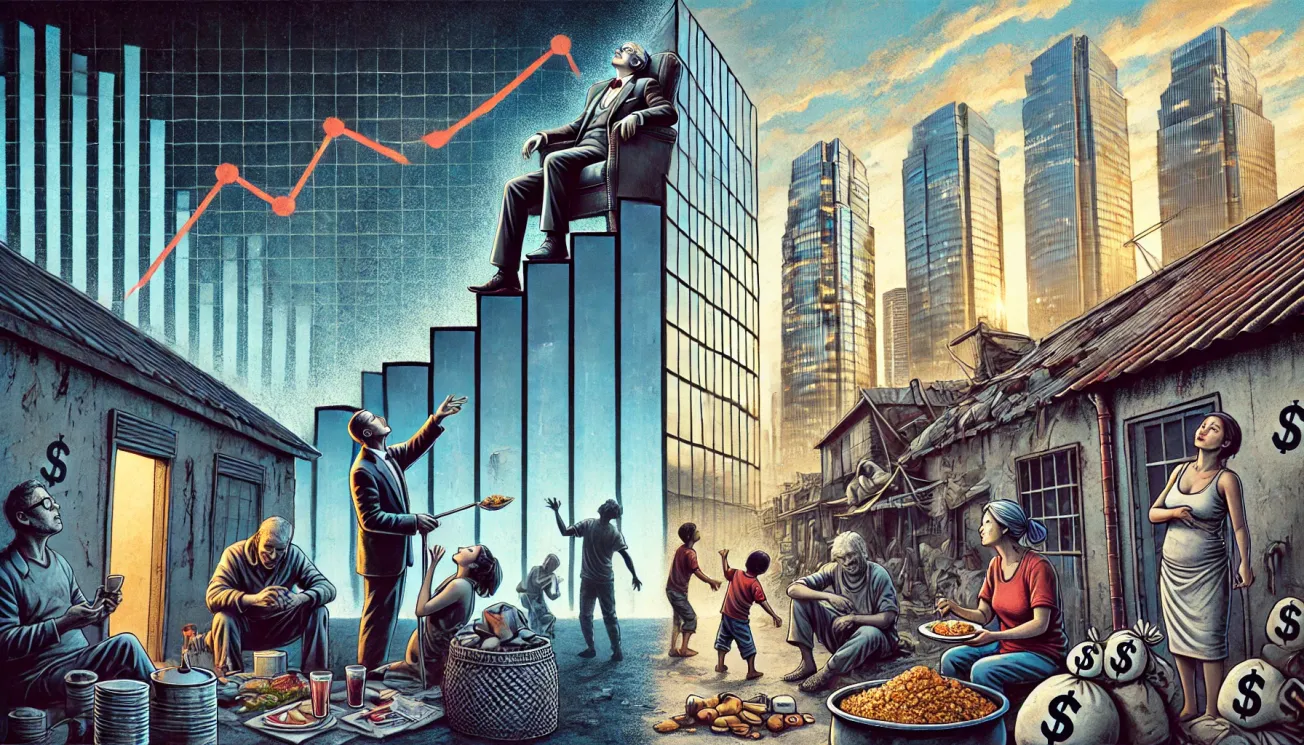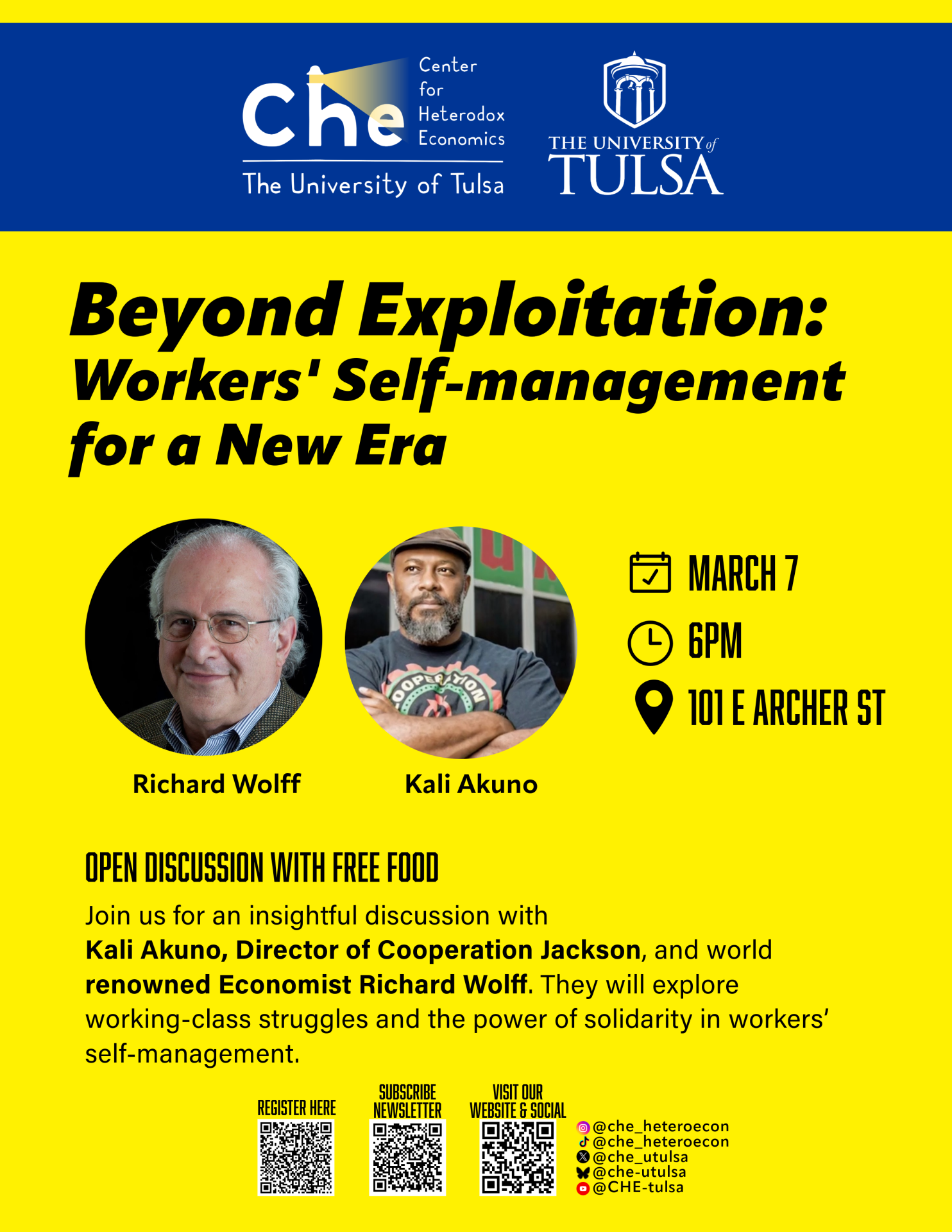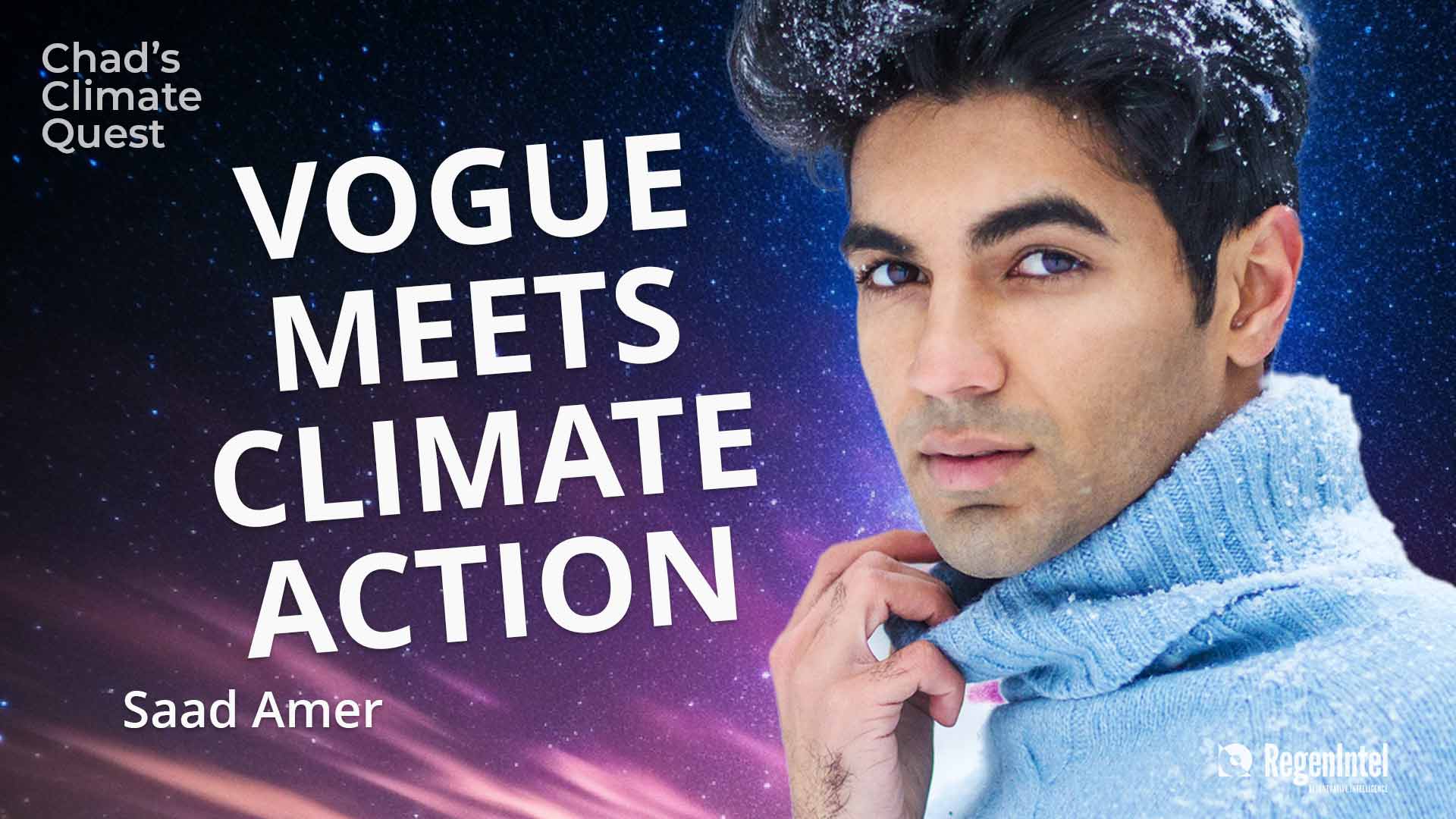The full impact of U.S. President Donald J. Trump’s order of a sweeping freeze on federal and foreign aid is not yet certain but it researchers say it marks an acceleration of authoritarian austerity, or "austeritarism," as a defining feature of government for years to come.
These issues will be explored in Tulsa very soon during the inaugural conference of the University of Tulsa’s (Okla.) new Center for Heterodox Economics (CHE). The Center was created with TU Economics Professors Scott Carter and Bruno Miller Theodosio. The three-day conference will be held Feb. 6-8 and with online streaming at YouTube @CHE-tulsa. Find the full program at 2025 CHE Inaugural Conference.
TU’s Economic Professor Clara Mattei, author of “The Capital Order: How Economists Invented Austerity and Paved the Way to Fascism,” spoke with me about the conference and offered a few comments on Trump’s first few weeks in office. She said now is the time for the role of economists to become more active in transforming society.
Heterodox is defined as nonconforming views, and in this case it refers to non-mainstream economic systems not widely used by the society. Mattei and a slate of economists, researchers and professors will introduce CHE during its inaugural conference to explore alternative economic theories and systems.
The new CHE was created as a response to the injustices of capitalism, Mattei said. Founded at the University of Tulsa, in the heart of the Republican South and a city formerly known as the Oil Capitol of the world, the Center is located in an area hardest hit by the impact of a system that favors the wealthy.
"Everything that worries us, from mental health problems to homelessness to climate change, is connected to economic issues," Mattei said, explaining that these problems are the result of policy choices that can be changed.
However connected it is to daily lives, the economic system does not mirror our societies. “We need to figure out how we can build an economic system that is truly democratic, inclusive and humanizing,” Mattei said, adding that it's essential to look deeper into the systemic forces impacting our lives.
The themes focus on how to better meet human needs for security and happiness by reducing or eradicating the imbalance between the one percent with the highest wealth and capital over the rest of the population and working class.
In our discussion, Mattei acknowledged that the first weeks of the Trump administration marked an acceleration of authoritarian austerity, or "austeritarism," a defining feature of our time.
“The executive order of Tuesday, January 28, shocked even the staunchest austerity advocates: a sweeping freeze on federal aid, on which state governments, nonprofits, and millions of people rely—hitting assistance for low-income families, childhood development grants, healthcare, and universities,” Mattei said.
Mattei asked the moral questions: “Will American families be able to keep the heat on? Will low-income children still have breakfast or lunch at school? Will workers continue to receive healthcare?”
The CHE conference feature some of the the world's most prominent critical economists, including James Galbraith, Branko Milanovic and Carolina Alves. To learn more about the speakers access their biographical information at https://sites.utulsa.edu/chetu/speaker-bio/
Mattei came to Tulsa in December 2024 from The New School for Social Research in New York City where she was an associate Professor in the Economics Department and taught for eight years. She is author of “The Capital Order: How Economists Invented Austerity and Paved the Way to Fascism.” Her research contributes to the history of capitalism, exploring the critical relation between economic ideas and policy making.
Join in on February 6 for the inaugural discussion of inflation, austerity, the climate crisis, grassroots organizing, the political economy of Palestinian occupation, and much more.













